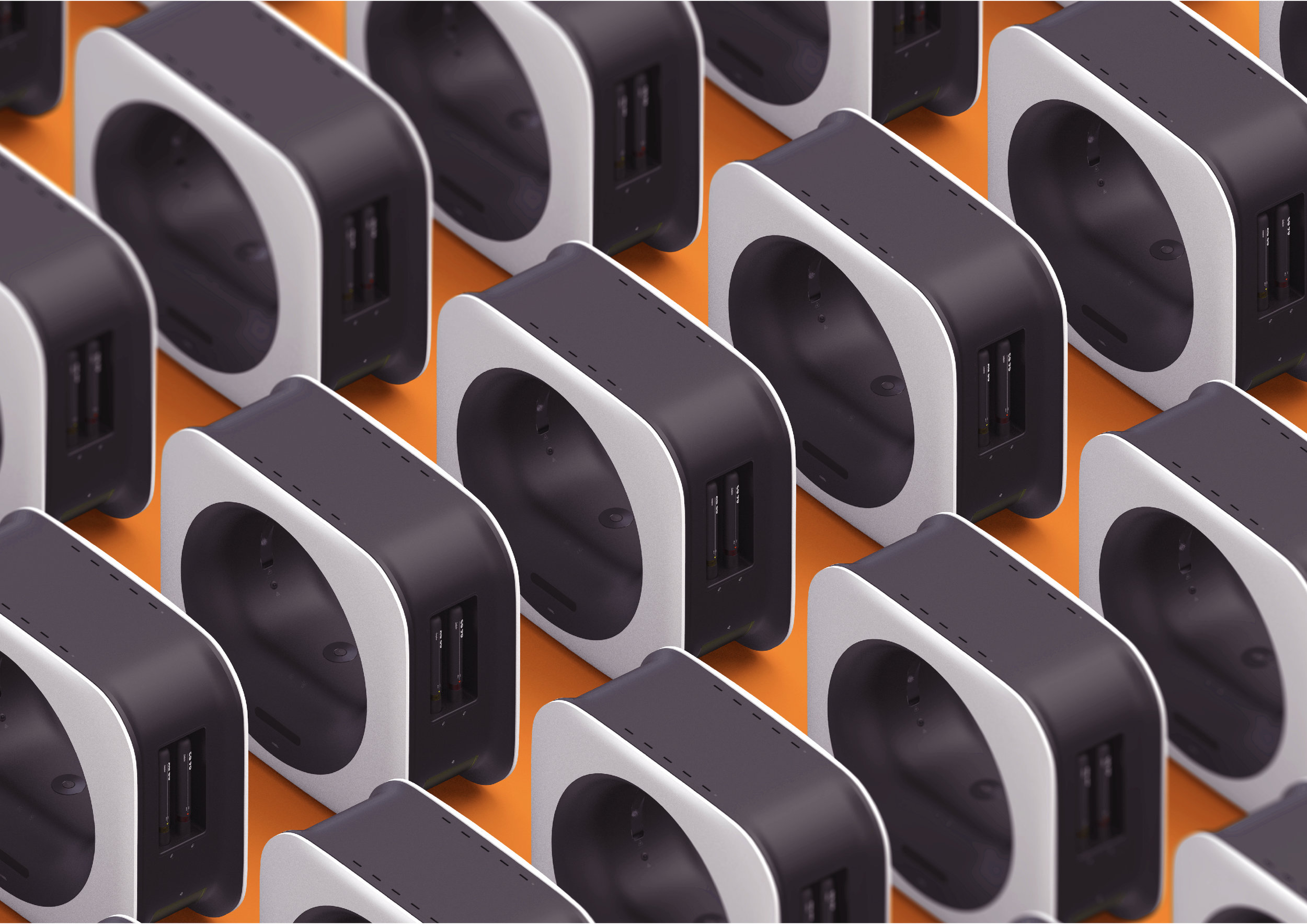
biomA: Growing Batteries of the Future
Speculating a vision for a 3D printer that 'grows' organic batteries for renewable energy futures from algae and chitosan biopolymer. Paving the way for a more responsible, regenerative shift to renewable energy futures.
In the age of climate crisis, perhaps what we really need is less things and better ways to 'sustain' new paradigms. Future Seeds is an attempt to nurture instead of making products and growing instead of manufacturing them in the digital age.

A better Future
With Future Seeds, we consider how we might be inspired to 'grow' our products thereby reconnecting us to our tangible, symbiotic world. We need to create lasting transformations in the way human society progresses thereby reaching a new symbiosis with our ecosystem. A seed for inspiring our futures.

biomA Concept
biomA is a 3D printer that uses algae to grow batteries of the future. The concept provides a solution to the destructive manufacturing practises of lithium mining for batteries that we have today to accelerate the global transition to renewable energy. In the age of climate change, we need to create lasting transformations in the way human society progresses by reaching a new symbiosis with our ecosystem.
A seed for inspiring our futures.
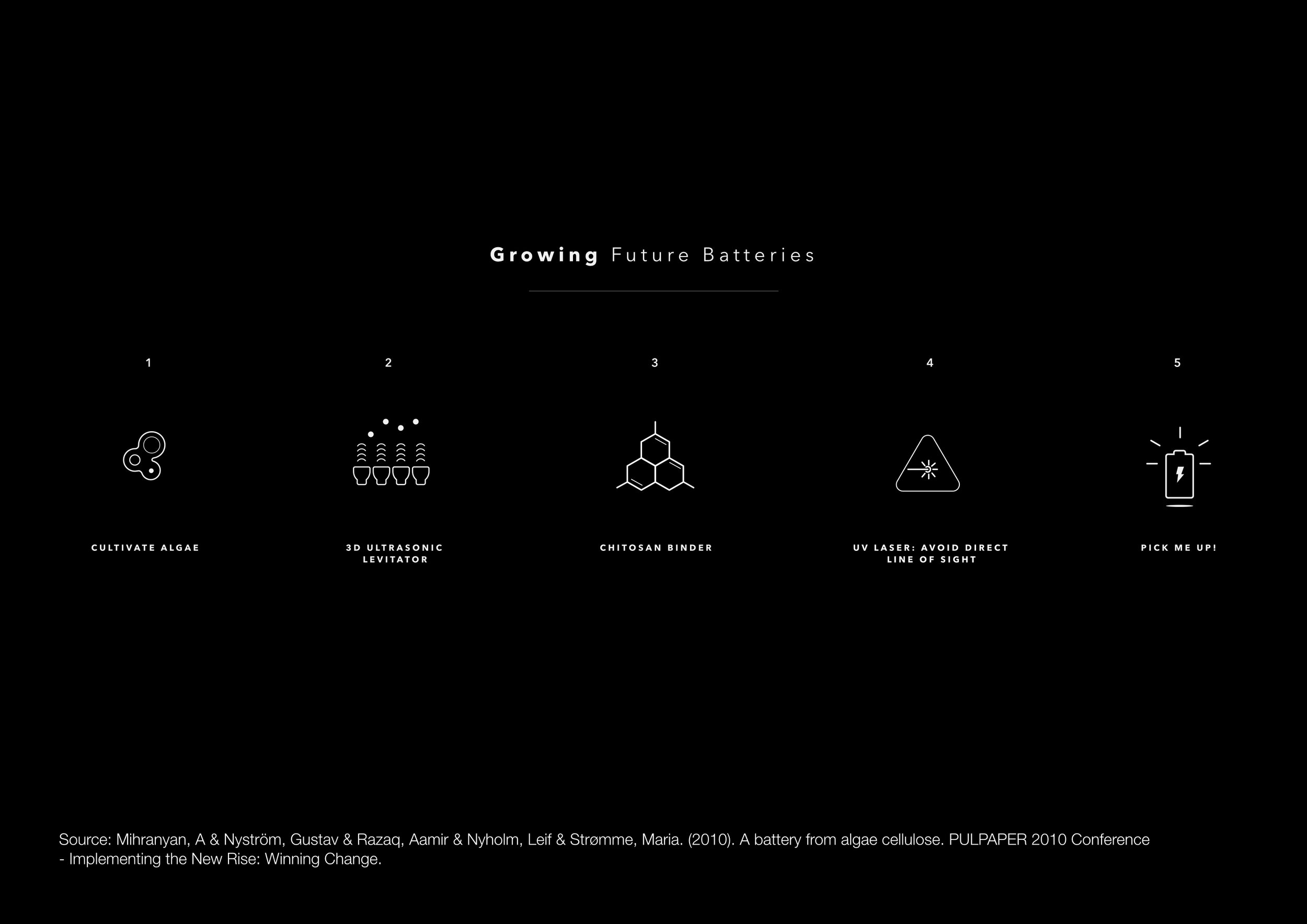
Bridging the possible
Using todays technology and stretching it to a context that could go beyond the now.


Ultrasonic Levitation
The printer uses a micro array of ultrasonic transducers tuned to create a focal point matrix within a print volume of 20x20x20cm. The printer uses acoustic levitation to position these algal seeds in a high resolution 3D point cloud from a CAD software with a high degree of control.
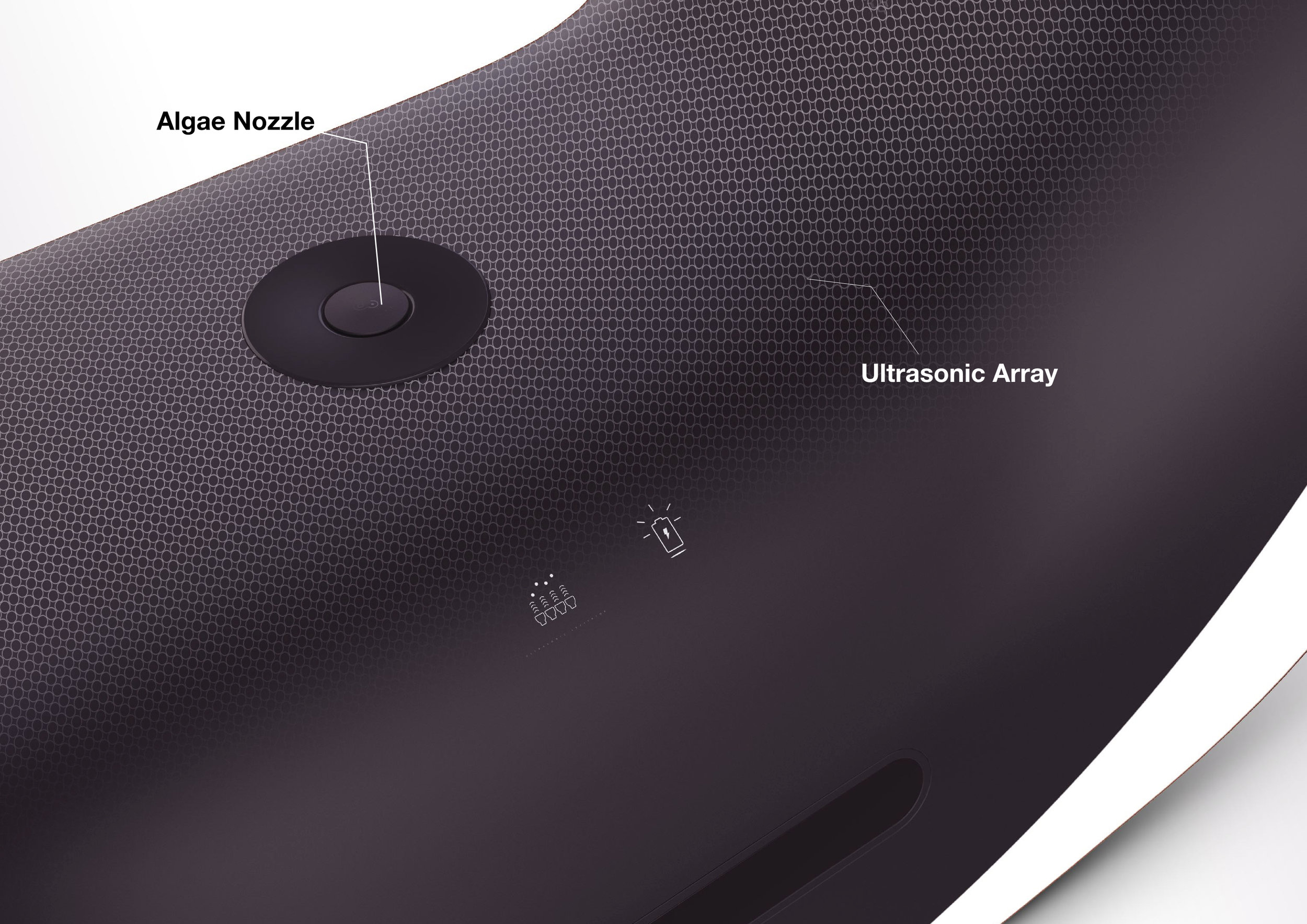
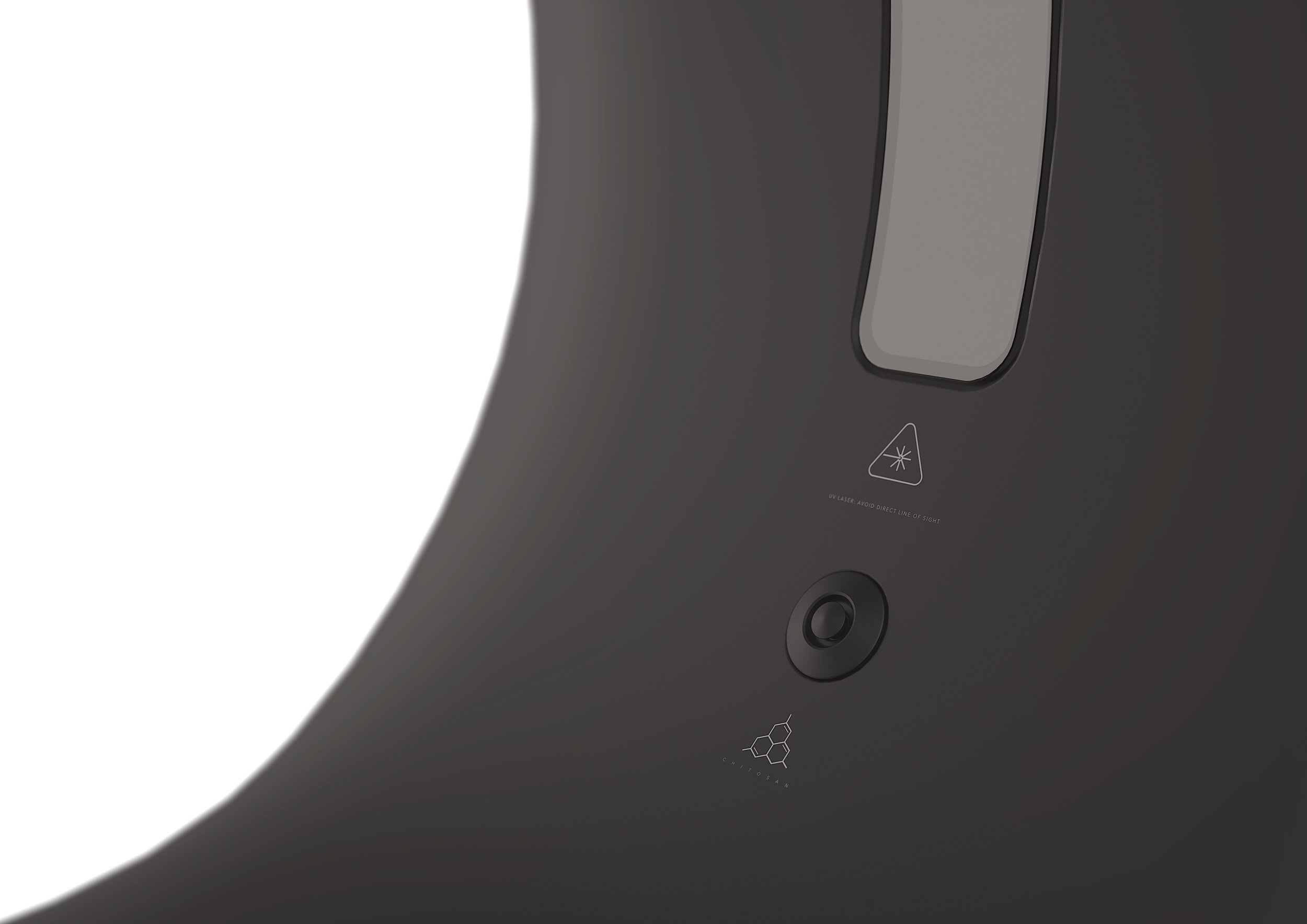

Closing Circular Loops
The chitosan binder, doped with atmospheric carbon is sprayed as a fine mist over the levitating point cloud. Then, much like in stereolithography, a uv laser is fired on the surface to set the polymer in the 3D form. Layer over layer ,the combination of the chitosan coated algae in a morphogenetic structure makes for a highly versatile and environmentally progressive battery.

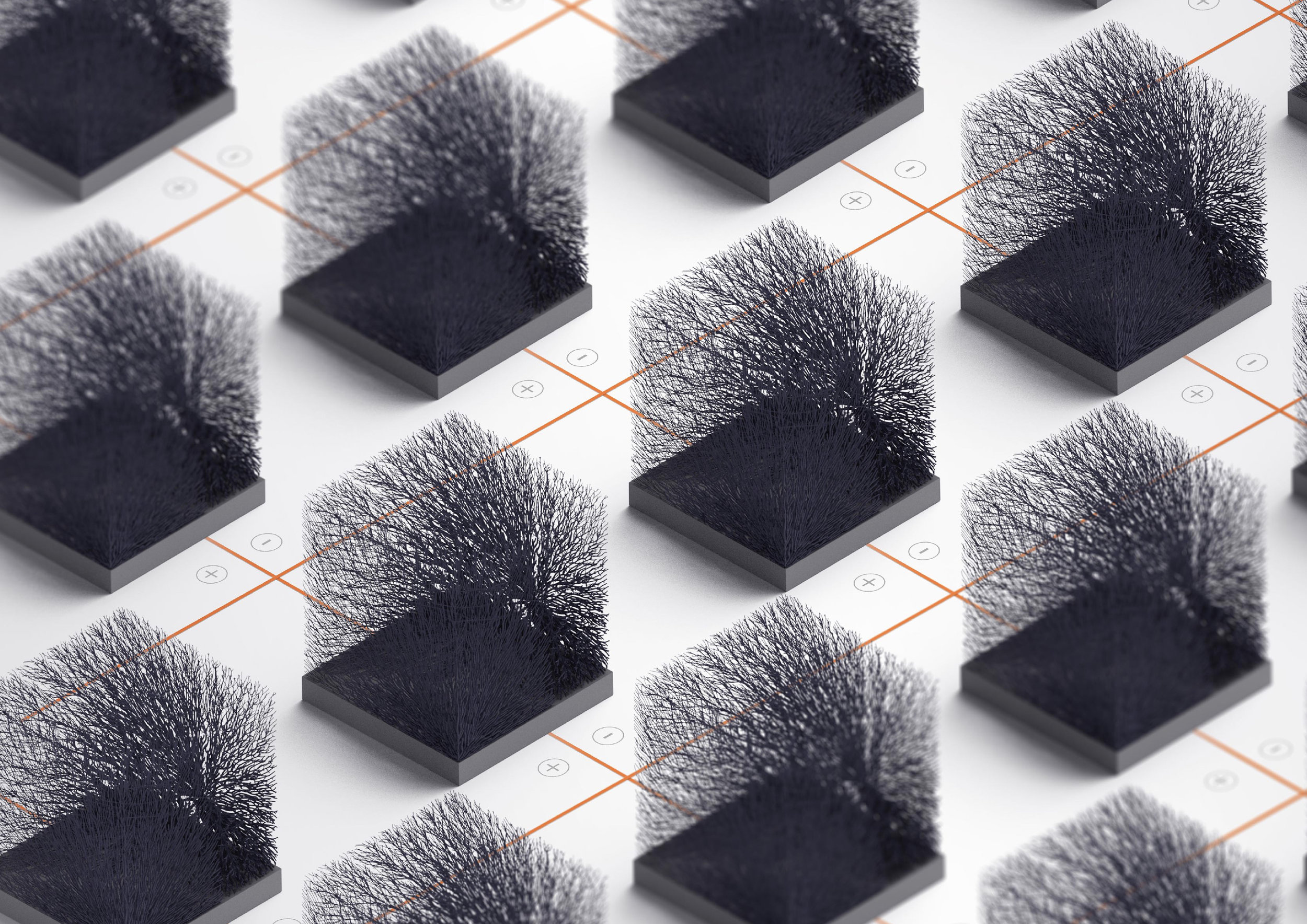
Regenerative Batteries
The batteries “grown” in such a way are closed loop and can be remarkably versatile in application and capabilities. They can used in remote parts of the world, for industrial applications and even for space expeditions such as those planned for Mars. The lightweight and highly complex structures of the algal ‘seeds’ result in batteries that have extremely low ratio of weight to surface area which is important for making better, regenerative batteries.

Is there oil on Mars?
So given what we know, can we finally decouple from fossil driven dogmas? Can we imagine these futures where we are capable of better more radical visions?

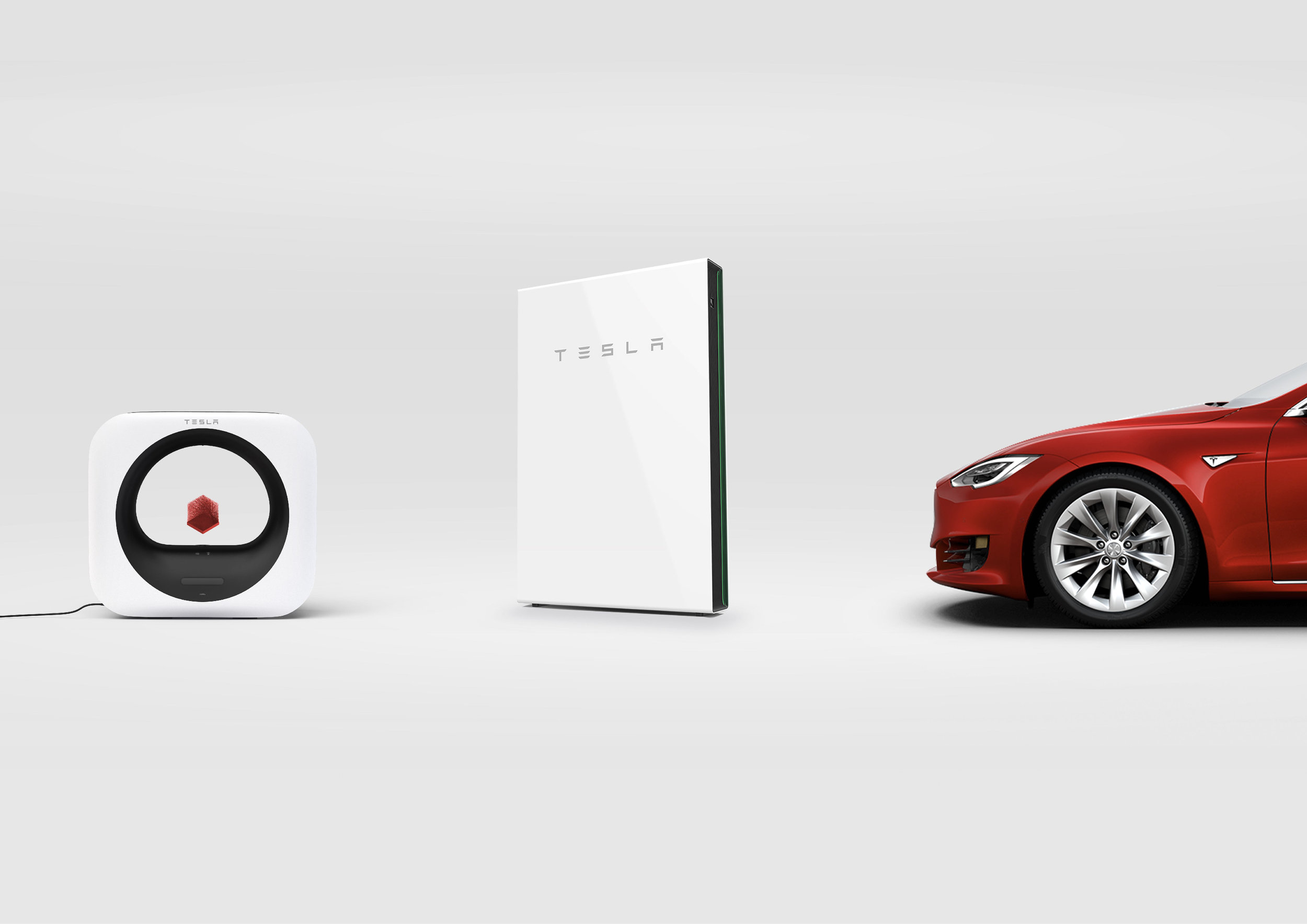
Think Resilience
Economies of scale perhaps don't need to work here, because at scale, when things fail, they fail big. Maybe instead of thinking on "Giga" scales, we can work with more resilient, adaptive and evolving nano scales. The lesser the inertia, the better the resilience.

